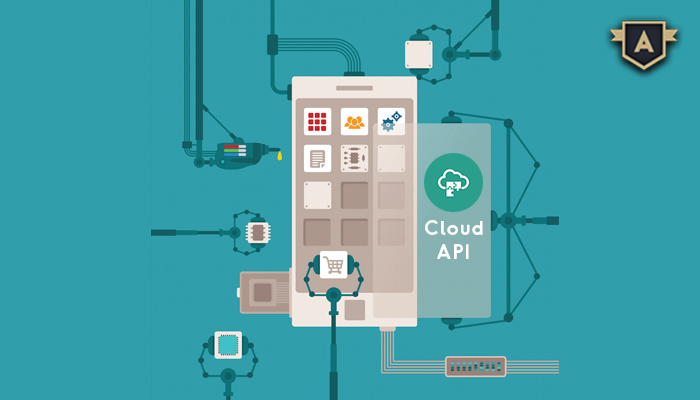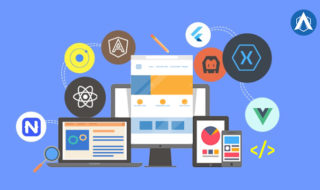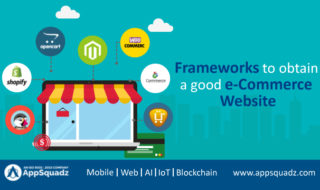
Android Applications Development
A lot of developers prefer Apple’s iOS platform more compared to other OS. Also, a lot of iOS applications are missing Android equivalents. This is because android applications development requires more resources. Plus, developers need to develop applications for a wide range of hardware, OS versions, etc. In this topic we will talk about cloud and APIs for easy android applications development.
As everyone is aware that Android’s market share is huge and is bound to get bigger- so one cannot ignore this fact? Instead, we should capitalize on the enhancement being made in the developer system and cater users with what they look for: performance, native look and feel, and integration of features. For this, all that is required is to make quality applications with thorough planning and a deep comprehension of the ecosystem.
Android is constantly enhancing and it is very much possible to build high quality applications. Primarily, Android fragmentation is not a big problem as it first seems. As 1/4th of all 500 million Android devices are running on Jelly Bean 4.2 and 4.3, means one can still attract 125 million devices easily. Also, multi-OS testing can be avoided and latest APIs can be used. Moreover, the core library of Android is documented efficiently with guides, how-tos, and references. And, more importantly the IDE and packaging system have experienced a great boost with Gradle and Android Studio.
All these core enhancements allow a greater level of abstractions. There’s perhaps a library which comprises everything that your application may require. You don’t need to do the system/integration testing yourself when you rely on stable libraries, and focus on libraries which are in operation in current Android applications. Apart from libraries, leverage the model-view-controller (MVC) pattern for the design of your application. Just like it is in iOS application, the parting between components will help with performance, code organization and much more.
In addition to above, tablets have really expanded the device market as varied diverse hardware is making their place in the market.
Considering the current trend, it is a appropriate to transfer data of your application and your app’s logic to the server. This will help you build other apps on other platforms or hardware, and more importantly it will let you with smaller app footprint.
Conclusion
it won’t be wrong to say that Fragmentation will stay long, and as Android enters into new hardware, it will grow bigger and sharper. So better to leverage existing libraries when possible, develop your application with MVC pattern and mover your core logic and data to the server.






